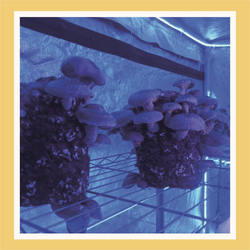INTRODUCING THE THE TEAM
Our team is made up of 6 MArch.1 Students at the Manchester School of Architecture:
[From top left]
Aniela Migasiuk – Praxxis / Undergraduate at MSA
Our team is made up of 6 MArch.1 Students at the Manchester School of Architecture:
[From top left]
Aniela Migasiuk – Praxxis / Undergraduate at MSA
Posted 27 Feb 2020 18:36











